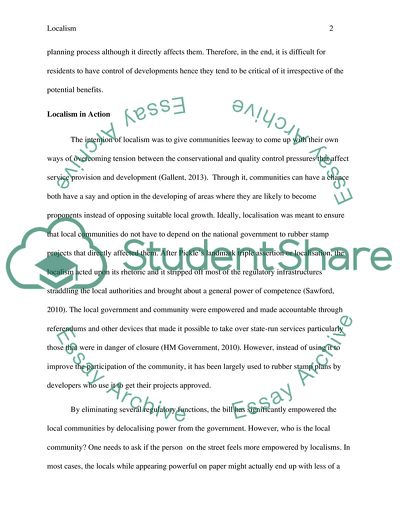Cite this document
(Localism Case Study Example | Topics and Well Written Essays - 2250 words, n.d.)
Localism Case Study Example | Topics and Well Written Essays - 2250 words. https://studentshare.org/politics/1853769-localism
Localism Case Study Example | Topics and Well Written Essays - 2250 words. https://studentshare.org/politics/1853769-localism
(Localism Case Study Example | Topics and Well Written Essays - 2250 Words)
Localism Case Study Example | Topics and Well Written Essays - 2250 Words. https://studentshare.org/politics/1853769-localism.
Localism Case Study Example | Topics and Well Written Essays - 2250 Words. https://studentshare.org/politics/1853769-localism.
“Localism Case Study Example | Topics and Well Written Essays - 2250 Words”. https://studentshare.org/politics/1853769-localism.


